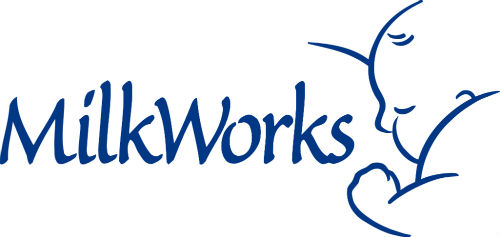We talk about supporting new moms. But do we walk the talk? Maternal mental health is a hot topic right now. During Prosper Lincoln’s early childhood summit, screening and support for new moms was identified as a priority. If we want to create a thriving environment for our youngest citizens, we know that mentally healthy moms (and dads!) mean mentally healthy kids.
New moms face additional stress in an already stressful world. Whether that stress is being a single mom with inadequate resources and support, or a highly educated mom balancing the perfect career with being a perfect parent, it is a tough time to be a mom – and no easier being a dad!
My parents raised kids in the 1950’s. There were few choices for men or women. As a mom, you were home with your kids. As a dad, you worked to provide for your family.
My generation raised kids in the 1980’s. Title IX now meant that you could finish high school if you were pregnant, or, you could be a female sports star. Boys and girls could both play with dolls, and social support programs made it possible for a woman to be a single mother.
The parents who come to MilkWorks in 2018 are now “the next generation”.
In 2018, we see mothers who are highly accomplished and established in the corporate world struggling to breastfeed their babies. We see single mothers working minimum wage jobs trying to make ends meet as they seek support from a highly fragmented social support system. Both end up returning to work for multiple reasons way too early with no paid maternity leave and little acknowledgement for their transition to motherhood.
Women, and mothers, want and need choices. But choices can also be difficult. The ACA changes requiring employers to provide breaks and private pumping spaces appear to be a godsend. They are supposed to make it easier to breastfeed. But what if you are a mom who has an overdue legal brief, or you end up working a night shift solo in a convenience store? Having the right to take a break to pump means little if the circumstances don’t make it possible.
I am far less qualified to address the needs of dads. Yet their world has also shifted. Some dads take on many more child care responsibilities than their dads did, or end up being the “primary parent,” often with little experience in taking care of kids, and even less support.
WHO is taking care of the parents? Who is nurturing them? Who is asking them how they feel? Who is acknowledging their stress AND their postpartum depression?
We live in a rapidly changing world, full of technological advancements. Yet we are still humans. We want our children to be kind, compassionate, smart, healthy leaders of tomorrow. But wanting may not be enough if their parents do not feel like they can cope.
We may have to decide. How healthy is our current day environment for parents? How realistic are our expectations of what parents can do? How much help do they need from the rest of us?
When I gave birth to my first child in 1981, I thought it a sign of independence and strength that I walked out of the hospital 12 hours later, and was running errands, my baby in tow, two days later. Now, with the wisdom that only comes with age, I realize I may have shown the world that mothers are strong. But really, I think we have always known that. What may be more important is helping mothers (and fathers) to carry their load.
I learn a lot from the culturally diverse Community Breastfeeding Educators in Lincoln and Omaha. Developing countries often have customs that we consider primitive. Encouraging mothers to stay close to home, bringing them food, taking care of them, surrounding them with the wisdom of other mothers. Is this primitive, or downright smart?
Next time you see a new mother or father, take a moment to ask how they are doing. Listen to them. Find some small way to support them. Let them know you care. Write a letter to your senator and encourage paid maternity leave. When your co-worker has a baby, help carry their load a bit. I think we will all find that our entire community benefits when we practice a bit more compassion and care for new parents.
